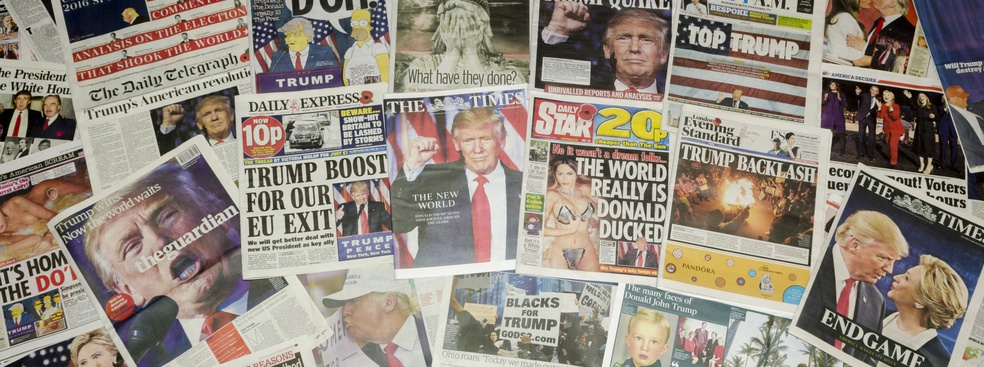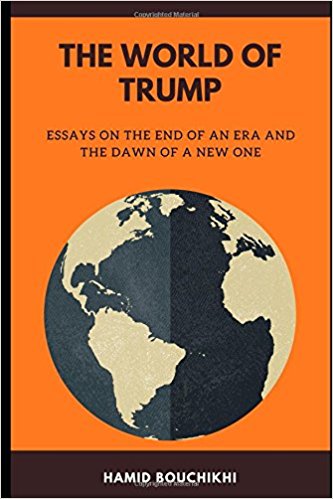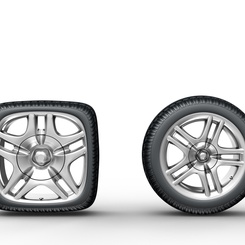Learn more from Hamid’s book The World of Trump: Essays on the End of an Era, and the Dawn of a New One a collection of short essays discussing the impact of the American elections on Europe, China, and Africa.
___
Since the publication of Clayton Christensen's The Innovator's Dilemma in 1997, the business world has embraced disruptive innovation and celebrated the entrepreneurs and innovators who were able to unsettle well established competitors.
President Donald Trump seems to have borrowed the disruptive innovation playbook and has been applying it to politics and government. In so doing, he certainly has succeeded in unsettling the Washington establishment:
- His ‘post-truth’ statements like “Obama founded ISIS”, “Hillary Clinton is a criminal”, and the like, have disrupted our very notion of truth: Should we be taking the president’s statements literally, or is he merely expressing himself euphemistically?
- His use of social media to bypass the press corps and take his (often untrue) messages directly to his supporters has thrown into question the role of the fourth estate. If he continues to successfully hijack narratives by throwing falsehoods and unrealistic promises into the public sphere, who will be able to keep him in check without giving him the free publicity he so craves?
- His off-the-cuff approach to diplomacy - including his call with the President of Taiwan, his criticism of institutions like NATO, and his friendly relationship with Vladimir Putin - seems set on throwing our world-order into question.
- And his unorthodox cabinet picks - like tapping climate-change-denier Scott Pruitt to head the EPA - could be interpreted as an effort to usher-in outsider innovation.
So far, Trump’s rise to power is a kind of disruptive innovation success story: he was able to beat a well-established and wealthy competitor in Hillary Clinton by flipping the tables and changing the rules of the game. It might seem surprising then that Silicon Valley has not embraced his brand of disruption: with the exception of Peter Thiel, most of the major Silicon Valley players have publicly criticized Donald Trump and supported Hillary Clinton.
Indeed, the key difference between Trump’s vision of disruptive innovation, and the concept as it is practiced and celebrated by Silicon Valley entrepreneurs is “progress”. On the one hand, according to the ideal that many entrepreneurs defend, disruption drives technological progress that will contribute to the welfare of humanity. On the other hand, the kind of progress Trump is seeking to achieve is focused on his own power and personal wealth.
While President Trump’s initial efforts to change the rules of the Washington game have successfully propelled him to power, this disaccord with Silicon Valley disruptors - and his apparent disregard for the greater good - may reveal the limits of his style of disruption and halt his political rise-to-power.









